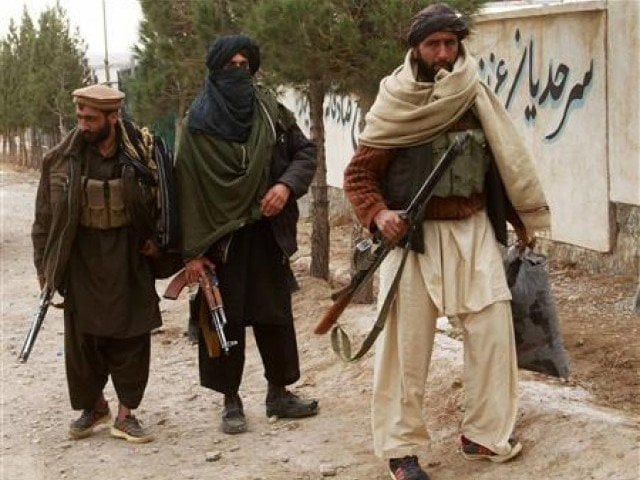Pakistan an unexpected champion in rehabilitating former jihadis?
Pakistan focuses heavily on reintegrating former militants into society, claims security and terrorism expert

PHOTO: REUTERS
I’ve seen some truly remarkable programmes in Pakistan, and that’s saying something,” John Horgan, director of Center for Terrorism and Security Studies at the University of Massachusetts Lowell, said.
“We're talking about a region that's absolutely wracked by civil strife and conflict and terrorism from multiple directions.”
Horgan asserts that Pakistan takes an approach that is rational, logical.
“They try to focus on giving the individual a meaningful purpose in their (former militants) lives post-jihadism,” he said.
Horgan said there are several programmes worldwide that are making an effort to resocialise former militants or former radicals.
However, not all of them are successful let alone made public. And while the programmes do tend to come off as incredulous, Horgan says there is no alternative.
Globally, governments want to engage in discouraging people from joining militant groups such as ISIS. However, when people who join these groups only to return, it’s not exactly certain as to how they will be handled.
“We are facing a problem we don’t fully understand. There are hundreds, if not thousands, of foreign fighters who will want to return [to their home countries],” Horgan said.
The rudimentary approach to it is by figuring out what the initial motivation was for the former militants to leave.
“Were they motivated by religious or humanitarian reasons? Did they just want to get a sense of adventure fighting with ISIS? Did they want to cut people's heads off?" he said.
“It's critical that we understand what pushed or pulled that person into terrorism in the first place.”
After understanding why they left in the first place, then the process of deradicalising them can begin.
“It's done, typically, by a very resource-intensive, one-on-one risk assessment, typically done by a psychologist or intelligence analyst,” Horgan said.



















COMMENTS
Comments are moderated and generally will be posted if they are on-topic and not abusive.
For more information, please see our Comments FAQ